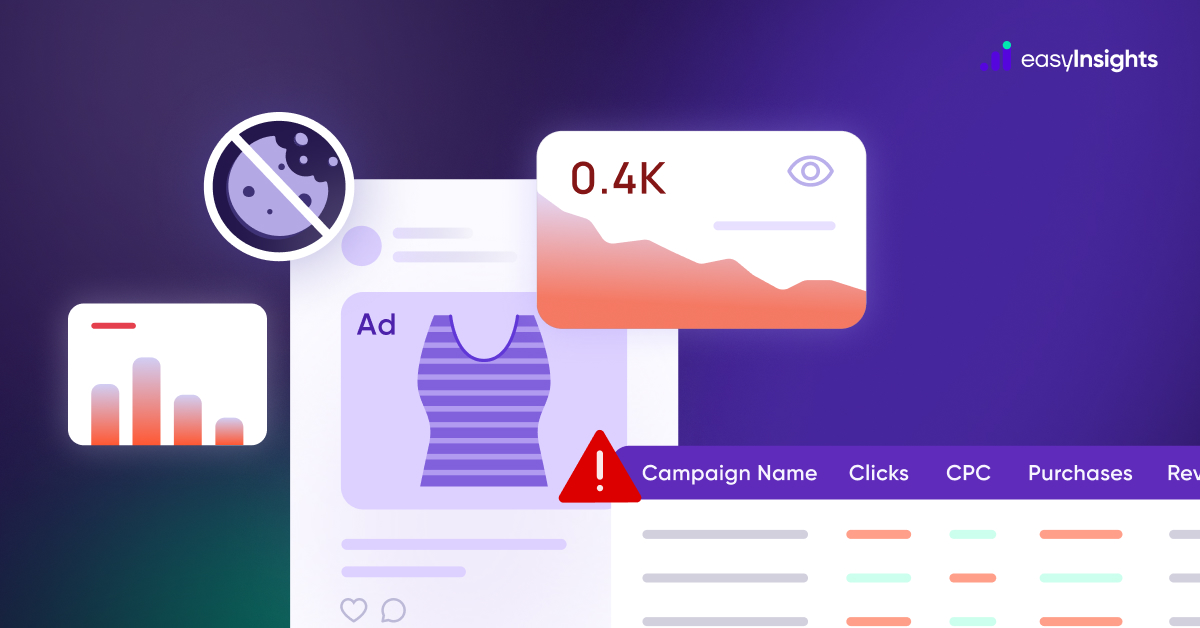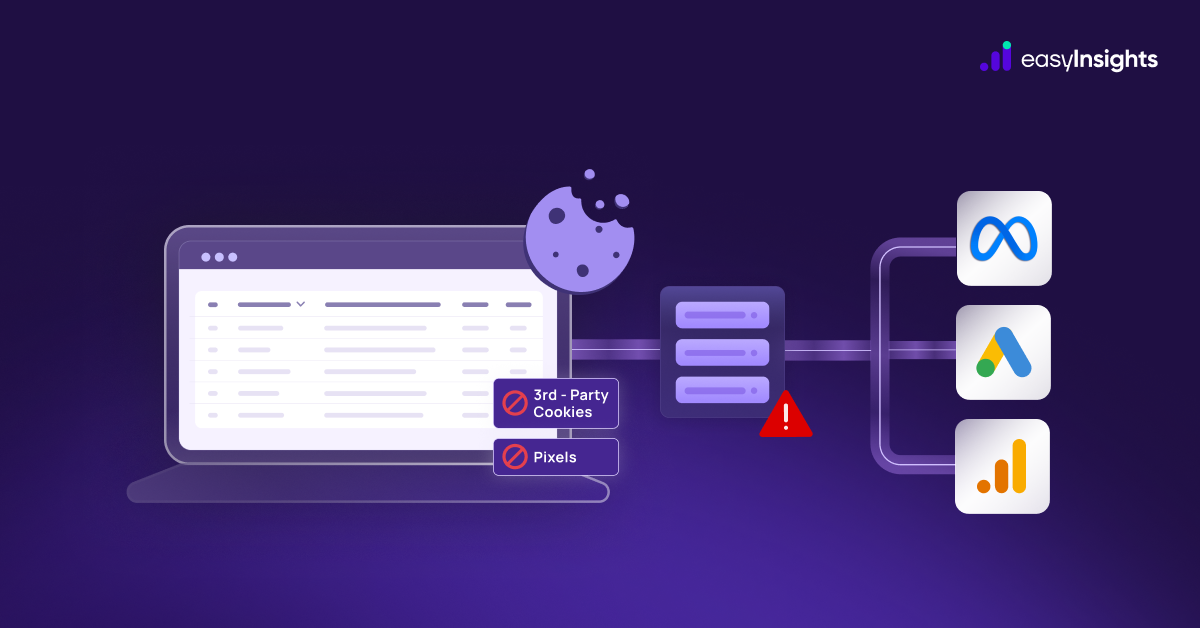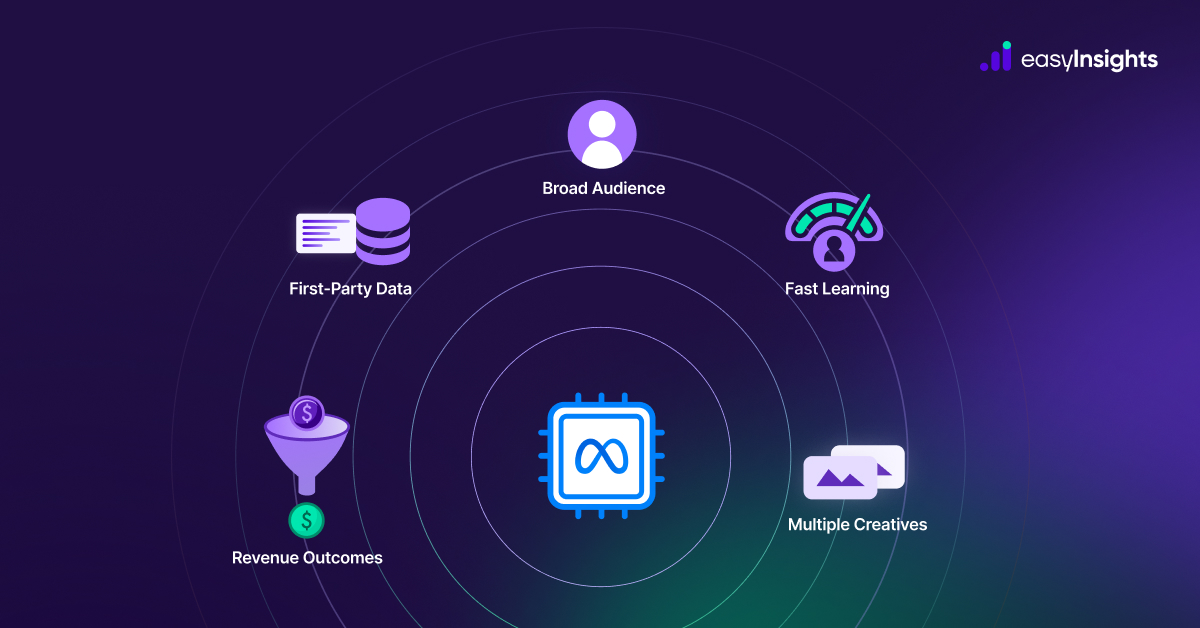
When looking through ad campaigns, the last thing you want to do is spend time figuring out what each one is about. The name itself should give you all the details you need.
A campaign name should tell you what the product is, who the target audience is, the type of ad, and much more. Most importantly, the format you follow should be consistent across all your campaigns.
In this blog, we’ll tell why it’s essential to name your marketing campaigns and what your process should be.
Jump ahead to:
Why is it important to name marketing campaigns?
An efficient system for naming campaigns saves a lot of time and leaves less room for error. Here are some of the benefits of naming marketing campaigns:
- Easy Overview: You can get so much information from a bird’s eye view. Just by looking through current and past campaigns, you’ll know significant campaign details.
- Easy to Access: Campaign names that include all critical metrics allow for easy filtration of your campaigns. You can search for the campaign using these metrics if you know the system. Even if you have hundreds or thousands of campaigns to sift through, you’ll find the one you’re looking for in no time.
- Easy to Analyze: As the title of this blog suggests, naming your marketing campaigns makes room for structured analytics. When you spend less energy sorting through campaigns, it can be better utilized for analysis.
- Easy to Group: Be it for reporting or analysis, with an efficient campaign-naming system, you can group campaigns by brand, product, goal, etc.
- Easy to Share: If various people are managing your ad account, or if you need to share it with one or more agencies, your naming process will make it seamless. Make sure everyone on board knows and understands the naming process.
Even if you glance at the above list of benefits, you’ll know that naming your marketing campaigns makes your life easy. That’s because we strategically named the bullet points. Imagine that same ease with your marketing campaigns!
What should your naming process be?
Finally, let’s talk about how to name marketing campaigns.
Step 1: Identify the variables
The variables involved in your marketing campaign would depend on the platform you’re advertising. To identify what the variables are, ask yourself what are the primary differentiators between campaigns.
If you’re running a campaign on multiple platforms, the platform’s name itself would be a variable.
Here are some variables to include:
- Brand: If you’re running ads for multiple brands, the brand name would be one of the most obvious and significant variables.
- Platform: Which platform(s) are you running the ad on? Facebook? Google? Both?
- Demographics: Who is your target audience? The most important demographic is location. If all your campaigns are for the exact location, your variable can be age or gender.
- Objective: Is your ad objective to get app downloads? Or is it an awareness campaign?
- Product: The product name, category, or sub-category for which the ad is being run.
- Ad Type: What type of ad are you running? Is it a remarketing campaign? Or a display ad?
- Event: Is there an event associated with your campaign? For example, an end-of-season sale, or maybe a Christmas offer?
There could be other variables depending on the kind of campaigns you run for yourself or your clients. List them all out and identify the ones you should include.
The variables you should choose are the most variable in your campaigns. That’s what will make your naming process more efficient. For example, if all your ads target India, it doesn’t make sense to use location as a variable in your campaign names.
Step 2: Establish a Sequence
Once you’ve figured out which variables you need to use to distinguish your marketing campaigns, the next step is to figure out the sequence you’re going to use.
For example, let’s say your variables are platform, objective, ad type, and event. Here’s what your campaign name could look like if you were running a Facebook remarketing ad to boost conversions during a Christmas sale:
Facebook – Conversion – Remarketing – Christmas Sale 2021
Step 3: Ensure Consistency
Everyone involved in creating and managing ad campaigns on your ad account must know the system. Make sure the process is followed every time. That’s the only way for you to reap the benefits of an efficient campaign naming system.
Every time you have a new team member or agency coming in, ensure that they are informed about the system.
Conclusion
We hope we’ve convinced you of the importance of naming your marketing campaigns. Tweak the process to make it work for your business, and be consistent! If you’re looking for the ultimate marketing data intelligence platform for your digital business, try EasyInsights! Book a demo now.








